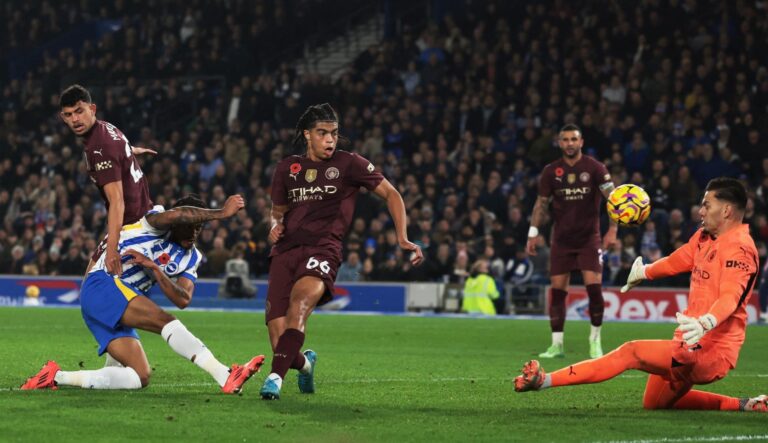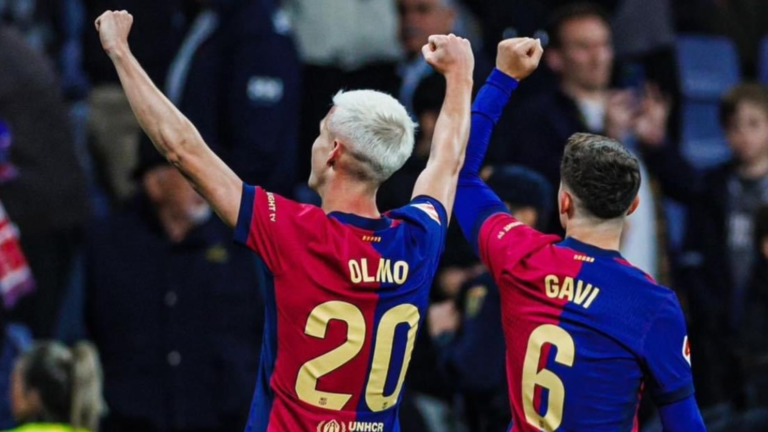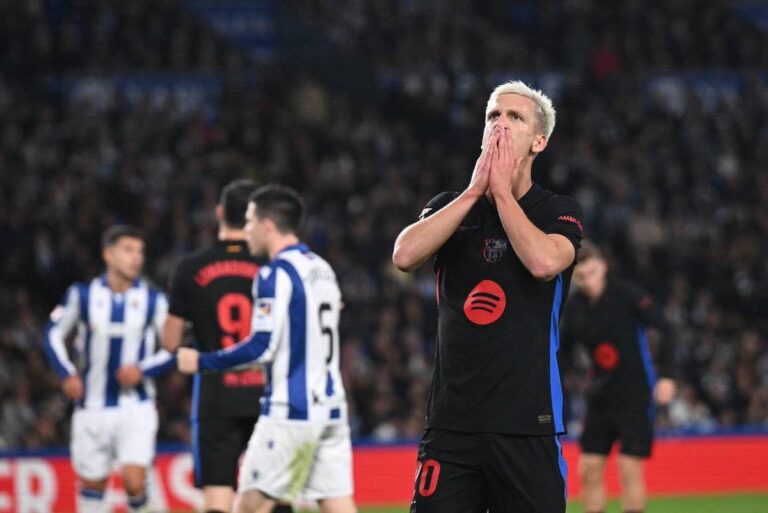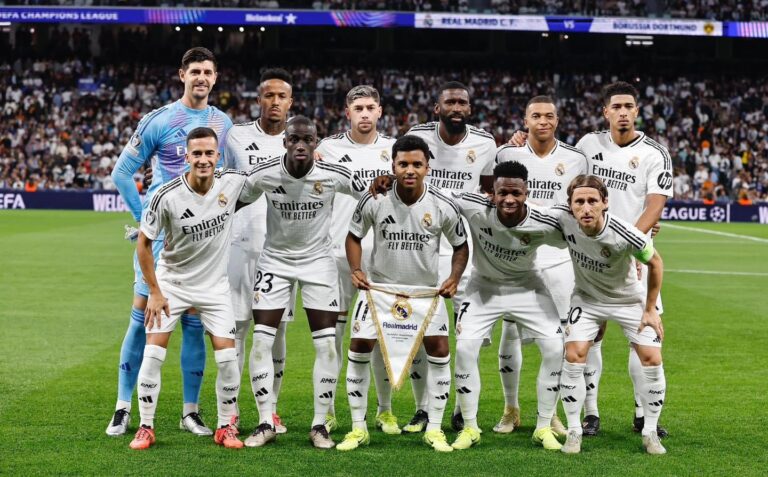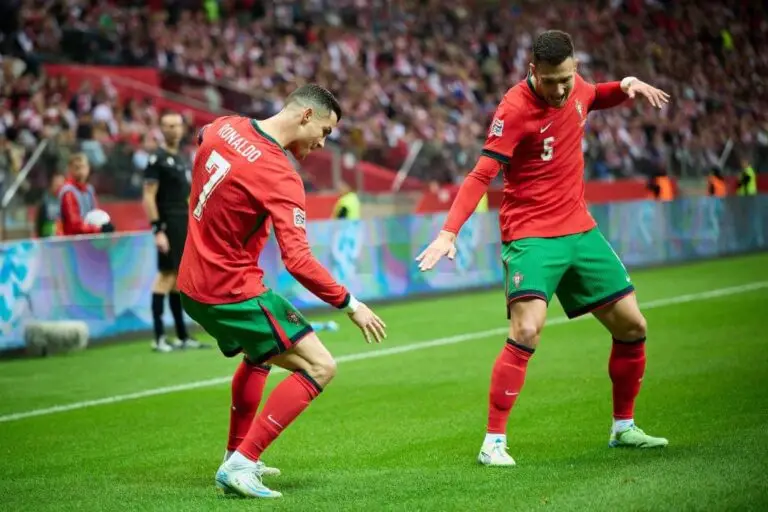“UEFA Nations League: A Fierce International Football Competition amazing cup”
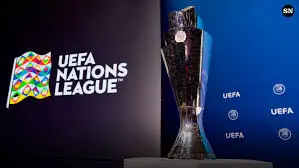
The UEFA Nations League (UNL) is an international football competition introduced by the Union of European Football Associations (UEFA) in 2018. The tournament aims to bring more meaning to international friendly matches and provide additional competitive fixtures for European national teams. The Nations League is held every two years, with the first edition taking place in 2018-2019, and subsequent editions following a similar structure.
The UEFA Nations League operates in a league format, divided into four divisions (A, B, C, and D). Each division consists of multiple groups, where teams play home and away fixtures against one another. The competition is structured in such a way that it combines both promotion and relegation systems, alongside the battle for the overall title. These matchdays are vital as they help determine the rankings within each group and affect both the European Championship qualification process and the overall positioning of teams within their respective leagues.
Structure of the UEFA Nations League
Each season of the Nations League is split into different phases:
- League Stage: The 55 teams are initially divided into four leagues (A, B, C, and D), based on their UEFA coefficient rankings. League A features the strongest teams, while League D has the lowest-ranked teams. Each league is further divided into groups, with teams competing against one another in home-and-away matches.
- Finals: The top teams from League A qualify for the Nations League Finals. These teams are placed into a knockout format with semifinals, a third-place playoff, and a final. The winner of the final is crowned the Nations League champion.
- Promotion and Relegation: After each competition cycle, the top teams in each group within Leagues B, C, and D are promoted to the next higher league, while the bottom teams are relegated to the next lower league. This creates an exciting dynamic for the lower-ranked teams, as they battle to avoid relegation.
- EURO Qualification Pathway: The UEFA Nations League also serves as a secondary route to qualify for the UEFA European Championship. The top teams from each league that have not already qualified through regular qualifying matches are offered an additional chance to secure a spot in the tournament.
Matchday Experience
The Nations League matchdays are eagerly awaited as they offer a fresh format for international football fans. They break away from the monotony of traditional friendlies and provide competitive fixtures that can have real consequences on a team’s standing and qualification. The matchday itself typically involves two sets of fixtures: one on a weekday (usually Thursday, Friday, or Saturday) and another on the following Sunday. These fixtures are scheduled in such a way as to minimize travel and give teams adequate recovery time.
Teams often play back-to-back matches during international windows, and this can lead to some intense rivalries, particularly when the competition is between neighboring nations or teams with a historical rivalry. The outcomes of these games can be crucial in terms of not only advancing in the Nations League but also securing qualification spots for major tournaments like the UEFA European Championship.
Impact of the UEFA Nations League
The UEFA Nations League has significantly impacted the landscape of international football. It has helped elevate the quality of friendly fixtures by ensuring that these matches are competitive, rather than being mere exhibition games. The tournament has brought more excitement and drama to international football and allowed smaller nations to compete on a more equal footing with their larger counterparts.
Additionally, the Nations League has played an essential role in helping teams prepare for the EURO qualifiers and World Cup campaigns. The added competitive fixtures provide managers with valuable opportunities to test new players, tactics, and formations ahead of the more critical qualification matches. Moreover, the tournament has fostered a sense of urgency among players and national football federations, as relegation and promotion create tangible stakes beyond just winning or losing a match.
From a financial perspective, the Nations League generates significant revenue for UEFA and the participating nations, with television rights, sponsorships, and ticket sales boosting the coffers of both the European governing body and the national federations. The excitement surrounding the tournament, combined with its more structured format, has made it one of the most anticipated events in the international football calendar.
Conclusion
The UEFA Nations League has quickly established itself as one of the most important and exciting competitions in European football. Through its innovative format, competitive matches, and the added stakes of promotion and relegation, it has brought a new level of intensity to international fixtures. Matchdays during the Nations League are not just an opportunity for fans to watch their favorite teams, but they also play a significant role in shaping the future of European football, both in terms of rankings and qualification for major tournaments. With each passing season, the Nations League continues to evolve and has firmly established itself as a key component of the international football calendar.

